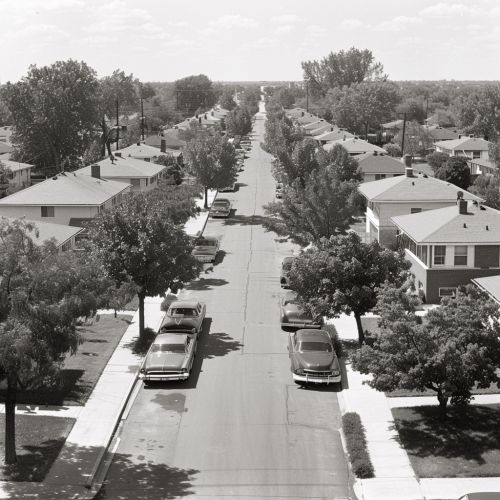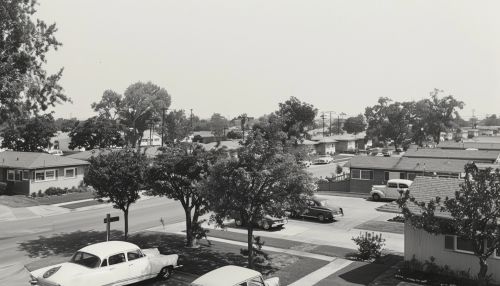Unabomber
Early Life
Theodore John Kaczynski, known as the Unabomber, was born on May 22, 1942, in Chicago, Illinois. His parents, Theodore Richard Kaczynski and Wanda Dombek, were second-generation Polish Americans. Kaczynski showed signs of high intelligence from an early age. He skipped two grades and entered Harvard University at the age of 16.


Education and Academic Career
At Harvard, Kaczynski studied mathematics and became known for his exceptional intellectual abilities. He graduated in 1962 and went on to earn a Ph.D. in mathematics from the University of Michigan in 1967. His doctoral thesis, titled "Boundary Functions," was a complex work in the field of geometric function theory. Kaczynski then accepted a position as an assistant professor at the University of California, Berkeley, where he taught undergraduate courses in geometry and calculus. However, he resigned abruptly in 1969 without providing a reason.
Transition to Isolation
Following his resignation, Kaczynski moved to a remote cabin in Lincoln, Montana. He lived a simple, self-sufficient life without electricity or running water. He began to develop a deep resentment towards modern technology and industrial society, which he saw as responsible for environmental destruction and the erosion of personal freedoms.


The Unabomber Manifesto
In the late 1970s, Kaczynski began a bombing campaign against people involved in modern technology. He sent 16 bombs to various targets, including universities and airlines, over a period of 17 years, resulting in three deaths and numerous injuries. The FBI gave him the codename "Unabomber" (University and Airline Bomber). In 1995, Kaczynski sent a 35,000-word essay, known as the "Unabomber Manifesto," to several news outlets. In this manifesto, titled "Industrial Society and Its Future," he argued that the Industrial Revolution had been a disaster for humanity and advocated for a return to primitive living.
Arrest and Trial
Kaczynski's brother, David, recognized the writing style in the manifesto and alerted the FBI. This led to Kaczynski's arrest in April 1996. During his trial, he was diagnosed with paranoid schizophrenia but was found competent to stand trial. He pleaded guilty to all charges in 1998 to avoid the death penalty and was sentenced to life in prison without the possibility of parole.
Legacy
Kaczynski's actions and manifesto have had a lasting impact on discussions about technology and society. While his violent methods have been widely condemned, his critique of industrial society has found resonance among some environmental and anti-technology thinkers. His life and crimes have been the subject of numerous books, documentaries, and films.


